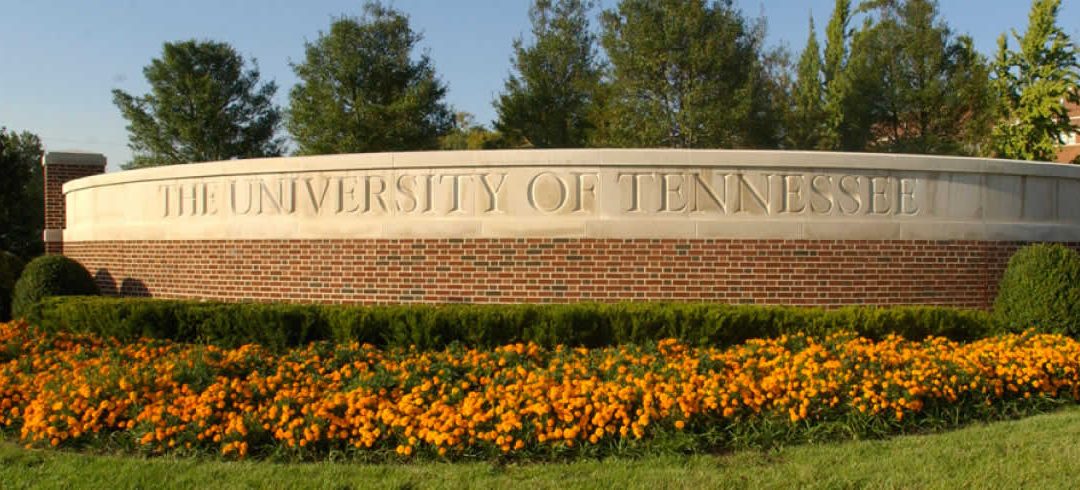- TN HB 1 is a bill looking to legalize sports betting in Tennessee
- University of Tennessee officials are worried about corruption due to the bill
- No clear solution to fix the concerns just yet
NASHVILLE, Tenn. – On Tuesday, faculty from the University of Tennessee raised concerns about how sports betting could affect student-athletes.
A House committee was discussing TN HB 1 and that is where University of Tennessee Director of Policy Analysis Josh Warren raised concerns about bringing sports betting to the state. He said that student-athletes face more problems with legal sports betting than professional players do.
Corruption In Schools
One of the key points that Warren wants lawmakers to remember is that student-athletes “are college students as well.” He believes that in a classroom setting, one of the athletes could be in class and then their classmates will begin talking to them about their games.
Warren is worried that a classmate will talk the athletes into cheating so they can rig the bets in their favor. To sum it up, he is worried that student-athletes are more prone to corruption than professional players.
“We just want to be very mindful of the surroundings of a college campus,” said Warren.
The NCAA has also raised concerned about corruption with student-athletes. Initially, the league was completely against legalizing sports betting. After the Professional and Amateur Sports Protection Act (PASPA) was overturned, the NCAA is now wanting to collect “integrity fees” to help make sure the games will not be influenced by bribes. None of the states that have legalized sports betting has agreed to pay integrity fees.
An Amendment To The Bill
Representative Rick Staples is the main sponsor to the bill. He said that he wanted to propose an amendment to his own bill. He suggests that sports betting will be allowed for those who are 21 and older. The amendment will only permit people to bet using mobile and interactive wagers and there will be no land-based sportsbooks.
The amendment he proposed also said that 85 percent of the revenue collected from sports betting will go to the lottery fund. The other 15 percent will go to local governments. It is unclear how these amendments will fix the concerns that the University has raised.
Leaving It To The Voters
There is one way that the University will get what it wants without having to give up on sports betting entirely. The way that lawmakers are seeking to legalize sports wagering in the state is through a county by county voter referendum. Individual counties will be able to decide for themselves if they want to bring sports betting to the state.
That leaves options available for the University. If Knox County decides they do not want to bring sports betting to the county, then students will have to travel further to make their bets. Having to travel further makes it less likely for people to bet on sports. However, if Staples is successful and amends the bill to allow for mobile wagering, that could prevent this possibility.
Either way, the bill is moving forward in the State’s House committees. It is unclear whether or not lawmakers will address the concerns raised by the University of Tennessee faculty. The bill will be heard by a House committee during a hearing next Tuesday to address concerns with legal Tennessee sports betting.
Advertising Disclosure
In order to provide you with the best independent sports betting news and content LegalSportsBetting.com may receive a commission from partners when you make a purchase through a link on our site.
News tags: NCAA sports betting | Tennessee | Tennessee sports betting | TN HB 1 | University Of Tennessee

Daniel is a writer that enjoys writing to inform readers. When Daniel was writing for The Borgen Project, he liked informing the world about victories in global poverty issues. Daniel is also an avid horse racing fan who has been going to the track with his father for over a decade betting the ponies. When he is not writing about sports betting or at the track, Daniel loves playing video games and watching sports in his spare time.


 College Football Betting
College Football Betting Best Online Sports Betting
Best Online Sports Betting Best Legal NFL Betting
Best Legal NFL Betting States With Legal Sports Betting
States With Legal Sports Betting Sports Betting Events
Sports Betting Events




